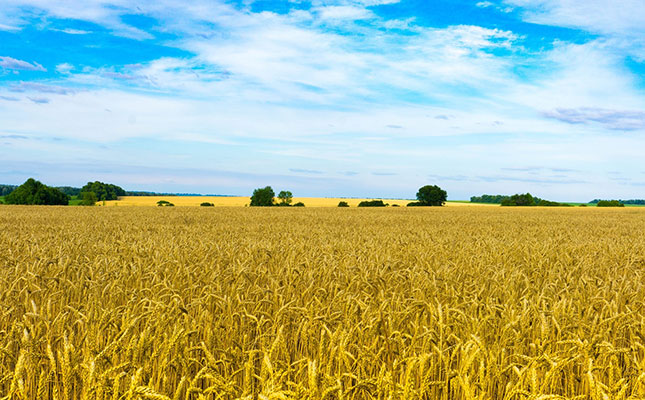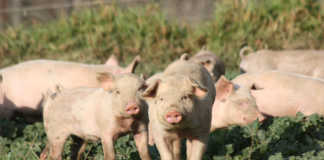
Photo: Pixabay
Anton Rabe, executive director of Hortgro, said the conflict in Ukraine could not have come at a worse time, and stressed that the fruit industry hoped that a diplomatic solution would be found.
The current situation was developing against the backdrop of global increases in production input costs, the rising cost of logistics, and international pressure on shipping, including the availability of cargo containers, along with other COVID-19-related challenges.
Rabe said that about 5,5 million cartons of deciduous fruit were exported to Russia in 2021, with exports of pears increasing markedly in recent years.
“Russia received about 21% of South Africa’s pears in the 2021 season. Stone fruit is also beginning to do well, with plum exports increasing 47% compared with the previous season.”
According to Rabe, Hortgro was particularly concerned about a possible knock-on effect for international markets, if exporters were to divert fruit that was meant for Russia to other markets.
Francois Hugo, owner of Pomona Fruit SA, at the time of writing confirmed reports that shipping giants Maersk and MSC were suspending deliveries to and from Russia, and said this would be a very serious blow to the business.
Shipments could not simply be redirected from one country to another due to the great difference in phytosanitary and quality requirements between countries.
“Diverting shipments to another country could also lead to an oversupply that would negatively affect prices,” Hugo said.
“Exporters can hardly sleep at night as they try to juggle one problem after another. Our clients, for instance, have switched bank accounts to facilitate payments, but now we also have to deal with the closure of shipping routes and marine insurance sanctions.”
The citrus, table grape and wine industries were in the same boat. Cornel van der Merwe, Komati Group’s marketing and packaging director, said Russia accounted for 24% of South Africa’s citrus exports.
“The lemon harvest is already under way and, by April, citrus production will be in full swing. We have not yet made a decision about shipments that need to go to Russia but, depending on what happens in the next three days, we might need to find another market,” van der Merwe said.
He added that any further sanctions by western countries, or decisions made by the South African government in response to the conflict, would have implications for fruit exports going forward.
Maryna Calow, communications manager at Wines of South Africa, said Russia accounted for 1,8% of South Africa’s wine exports, with these increasing 2% in volume in 2021 to 6,9 million litres, while decreasing in value by 12% to R207 million.
Calow said the suspension of the SWIFT Internet bank payments was already affecting wine and liquor sales.
“In the absence of SWIFT payments, Russian importers will be unable to pay for their wine and other produce, and most wine exporters demand upfront payments from Russia.”











